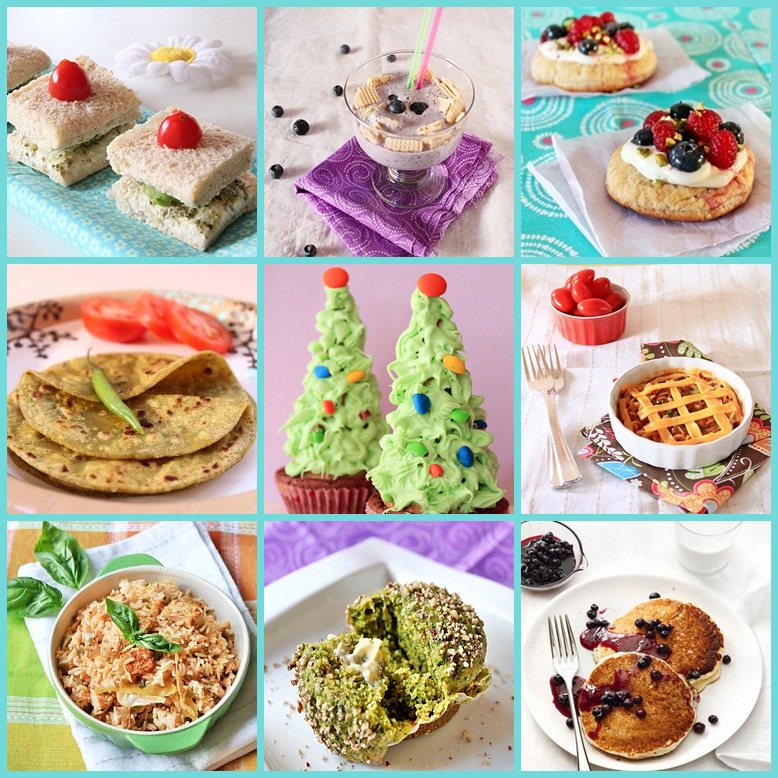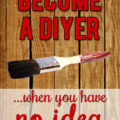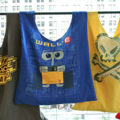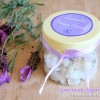
Picture this: you’re sipping on day-old coffee, wearing pajamas that might be older than your toddler, and suddenly you realize that your little human is, in fact, not so little anymore. They’re taking over the living room with crayons, building block towers in the kitchen, and somehow discovered how to roll your best throw pillows into makeshift bowling balls. Congratulations! You’ve arrived at the “time to prepare my toddler for future brilliance” stage. Ready? Let’s jump in—pajamas and all.
1. Let Curiosity Rule (a.k.a. Embrace the Chaos)
You’ve heard it a thousand times: “Kids ask a lot of questions!” Yes, they do. And if you were hoping they’d slow down sometime before their eighteenth birthday, well… let’s just say you’ll be well-prepared for quiz night. A curious toddler is a wonderful thing because that thirst for knowledge translates directly into being ready for formal schooling. Let them ask “Why?” about the neighbor’s dog, about why bananas are yellow, or why you only have one eyebrow fully drawn on this morning. Let them help out in the kitchen as you measure flour or pretend to read your grocery list. Sure, it might mean cleaning a little extra flour off the floor, but it’s a small price to pay for their growth.
Pro Tip: Encourage their endless “why” questions with silly, imaginative answers before giving them a serious one. Not only does it keep them engaged, but you’ll also get to exercise your creative muscles—and possibly get a good laugh.
2. Reading: The Not-So-Secret Weapon
We can’t emphasize reading enough. Books are magical portals that whisk toddlers away into wild adventures without ever leaving their beanbag chair. Reading also helps expand vocabulary (which means they might soon use bigger words than you do—no pressure). And yes, those bedtime stories might take a detour if you let them “read” the pictures, but you’re building an early bond with words that’ll carry them forward.
Try This: If your toddler is more interested in ripping pages than listening to a story (we’ve all been there), opt for sturdy board books or—brace yourself—library visits. Most libraries have reading programs for toddlers, complete with songs, puppet shows, and more. It’s basically free entertainment. Just watch out for the overenthusiastic kid who’s discovered how to do cartwheels near the bookshelves.
3. The Power of Play (and How to Trick Them into Learning)
Kids love to play, right? Well, that’s your secret “mom or dad hack” for introducing early learning. Turn everything into a game—counting steps as you climb the stairs, identifying shapes in your bowl of cereal, or matching socks fresh out of the dryer. (Okay, maybe that’s more beneficial for you because who else wants to match socks?)
When the weather’s nice, break out the sidewalk chalk and draw letters or numbers—sneak in a hopscotch board while you’re at it. If it’s raining, host a “letter dance party” in the living room. Let’s face it: you can only hear “Baby Shark” so many times before you morph into a fish yourself, so why not jam out to the alphabet song, or some counting rhymes, or literally anything else that teaches and entertains?
4. Preschools: The Good, the Great, and the Nap Times
Preschools are like a tiny step into the big world of formal education without completely tossing your toddler to the deep end. They get a chance to socialize (read: learn how to share toys without meltdown… hopefully), interact with adults who are not you, and start grasping basic concepts like letters, numbers, and circle-time etiquette. But guess what? That’s not the only path!
Your toddler might thrive in a home-based learning group, or maybe your daily routine allows you to provide a custom learning environment—complete with homemade crafts and elaborate story times. Whether it’s a Montessori approach, a neighborhood co-op, or a more traditional preschool, what matters is finding an environment that encourages exploration and fits your family’s vibe. Check out a few, trust your gut, and remember that all the glitter in the world won’t fix a preschool that just doesn’t click with your kid.
Remember: Every toddler is different. Some might love group activities and be eager to share their crayons and cookies with 20 new best friends. Others might need smaller groups or one-on-one attention so they can thrive without feeling overwhelmed. You know your kid best!
5. Let Them Get Messy (a.k.a. Sensory Play Galore)
Finger painting, water tables, gooey slime concoctions—toddlers are basically mini-scientists who absolutely adore hands-on experiments. Yes, your house might look like a crime scene of paint splotches, but you’re actually helping their brains make essential connections. Sensory play helps them learn textures, cause and effect, and fosters creativity. Sure, you’ll have glitter in your hair for days, but that’s part of the parenting uniform, right?
6. Conversations Count (Even if You’re Just Talking about Cereal)
Never underestimate the power of good old-fashioned chatter. Tell them what you’re doing and why you’re doing it. (“Mommy’s making coffee because she didn’t sleep very well last night. Do you know why Mommy didn’t sleep? Because somebody had a sudden midnight party with their stuffed unicorn!”) Engage them in back-and-forth talk. Ask them what they think. Seriously, those toddler brains are working overtime, trying to piece together words and concepts. Encouraging two-way conversations (or near conversations, toddler babble included) is an excellent way to boost linguistic and social skills.
Keep it fun, keep it real!
Related Posts
- Adjusting to Life with A Newborn and a Toddler
Having a toddler and newborn at home can be a fun but physically demanding time.…
- Exercises that Help you Burn Fat
Many people who have a weight-loss goal are often faced with the question "How to…
- Getting Your Kitchen Ready for Christmas!
Christmas, the most cherished holiday in most parts of the world is right around the…


















